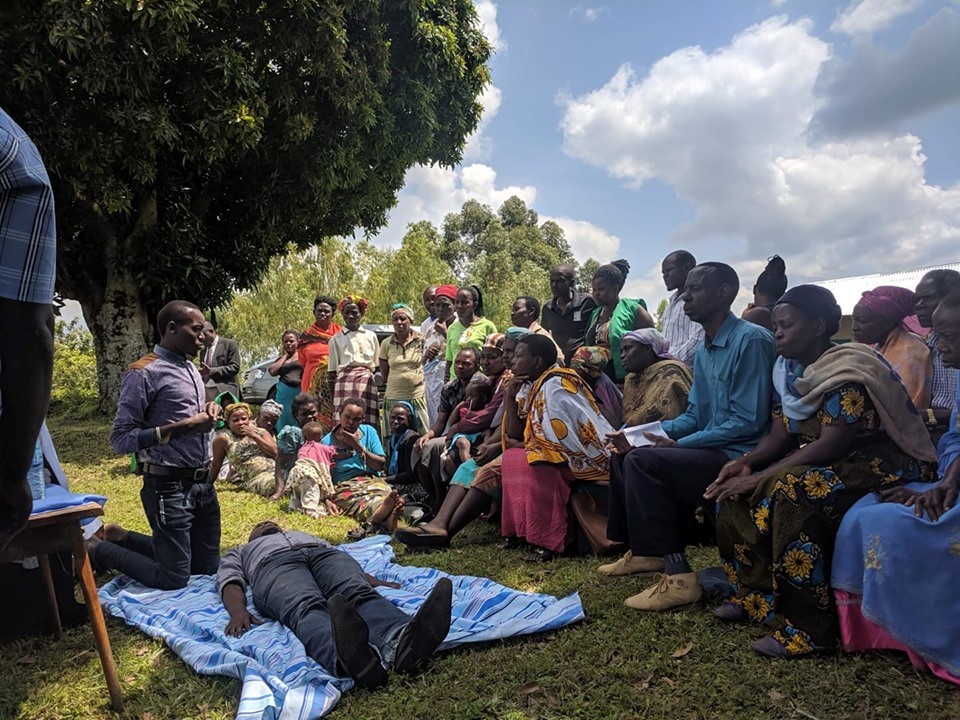- Consider why you want to volunteer
Any decent organisation that works with volunteers will ask you why you want to volunteer and what your motivations are. You should also think about why you are interested in that particular project you want to contribute to. If you only want to work on a project because you want to travel or you want to improve your resume, you might be better going on a holiday or doing an internship than going on an international volunteer expedition.
- An important distinction: For- vs non-profit organisations
There are two types of organisations that set up volunteer expeditions: commercial, for-profit companies and non-profit organisations. Commercial companies are very similar to travel agencies and they are primarily focused on making a profit and therefore it is unlikely that any of the money that volunteers fundraise/pay to the company would go towards the cause that they have signed up to support. These commercial companies recruit volunteers so their owners and shareholders can maximize their profits. Non-profit organisations, on the other hand, focus on a particular humanitarian project that usually takes place in a developing country and since these organisations are not for profit, all of the funds go directly or indirectly towards the development project. Due to scarce financial resources, however, these organisations often heavily rely on volunteers to make their project possible and carry out their missions. Any organisation that claims to be charitable must be officially registered with an appropriate entity and therefore must have a registered charity number.
Anyone who wants to make an ethical choice when deciding on which organisation to volunteer for should be aware of this distinction. I cannot emphasise more how important it is to do your research and pick an organisation that is truly dedicated to making a positive impact on the communities they work in.
- What is the reputation of the organisation?
Facebook is often discredited for many reasons, but it is surely one of the most authentic ways to read genuine reviews about an organisation. Try to find some Facebook reviews or talk to some who have done the expedition. What do they have to say about the organisation?
- Are they ethical?
Do they have a code of ethics to which they hold themselves and their volunteers? See First Aid Africa’s code of ethics here, which provides a good example of the set of standards that should be held when volunteering abroad. It is not an exhaustive list and depending on the type of work they do, organisations need to meet different ethical standards. For example, if they work with children or vulnerable people, does the organisation have a Safeguarding Children and Vulnerable Adults Policy? Do they require background checks if they work with children and vulnerable groups?
- Who are the real beneficiaries of the project?
Is it a once-in-a-lifetime opportunity for the volunteers or a life-time opportunity for the community they are working in or just an opportunity for these ‘travel agencies’ to make more money? Are you going to make a lasting positive impact on these communities? As it has been mentioned above, profit-oriented companies make money by taking advantage of well-meaning volunteers. They do not have any sustainable development projects to implement in the host countries. Their priority as companies is always profit.
- Is the amount you need to fundraise/pay for your expedition reasonable? Where does the money go?
Can you identify where the volunteer placement fee goes? The fee should cover your tickets, accommodation, potential training …etc and it should also contribute towards sustaining the volunteer project. Non-profit organisations publish audited accounts that are open for public view. If an organisation is genuine ‘for-project’ and not ‘for-profit’, the accounts will show that all the revenue is recycled back into the project.
- Are you going to be useful for the project?
Do you have the right skills that allow you to contribute to the project? If the volunteer project involves building schools, do you think you are skilled enough to work on a construction site? Or if you are required to teach English, do you have any teaching experience? If you do not have the right skills and experience, does the organisation provide you with sufficient training? Those organisations that send untrained volunteers overseas tend to cause more damage than good.
- Is the project sustainable?
Unfortunately, not all projects succeed and there are times when organisations have to admit failure because their projects did not last. Sustainability should be an important part of every development project. When you do your research, try to find out how the organisation makes sure that its projects are sustainable. Can you find consistent track records of their accomplished goals or do they, for example, send volunteers every year to the same place to paint the same school without any progress? Does the organisation employ local staff? Do they work towards self-sustainability?
Make your choice responsibly and ethically and pick an organisation that is dedicated to their cause and not to making money. Developing countries do not need white saviours or pity, but partners who work towards their development goals.
Felicia Szloboda is currently doing a MSc in Human Rights and Diplomacy at the University of Stirling in Scotland. Her main interests include researching the rise of ‘illiberalism’ in Europe, democratisation, human rights and international development. Twitter: @FeliciaS023

